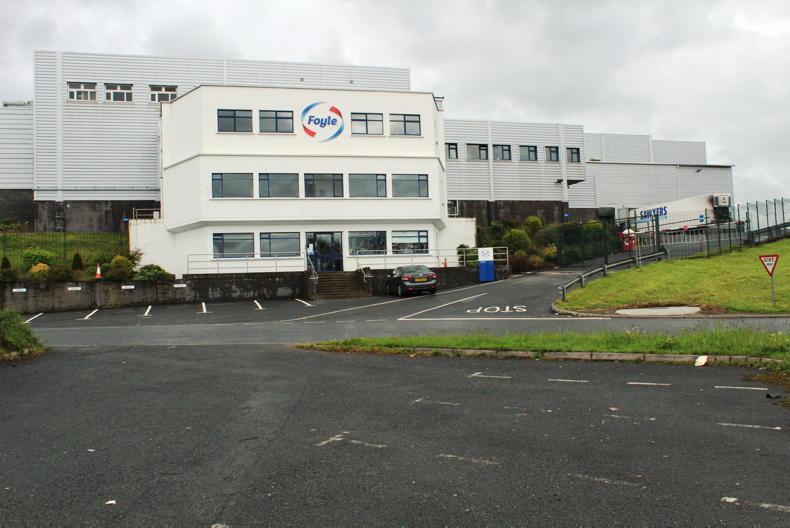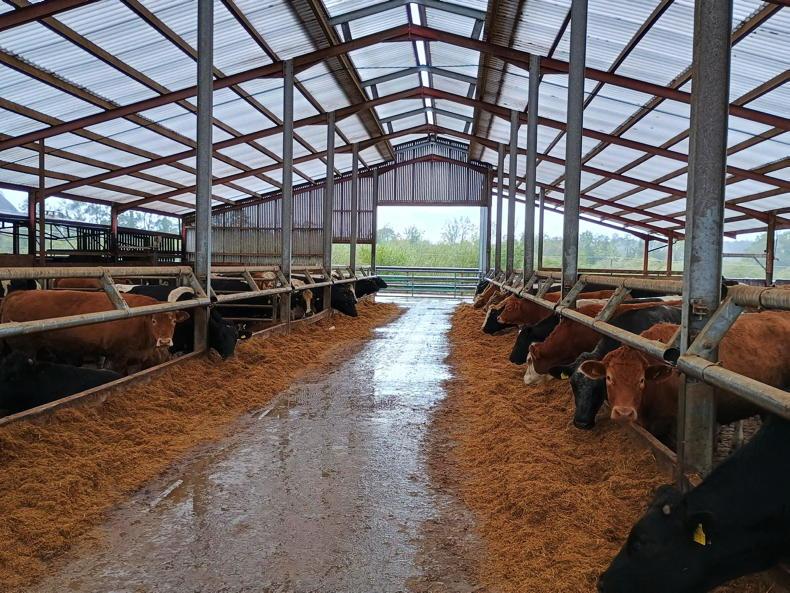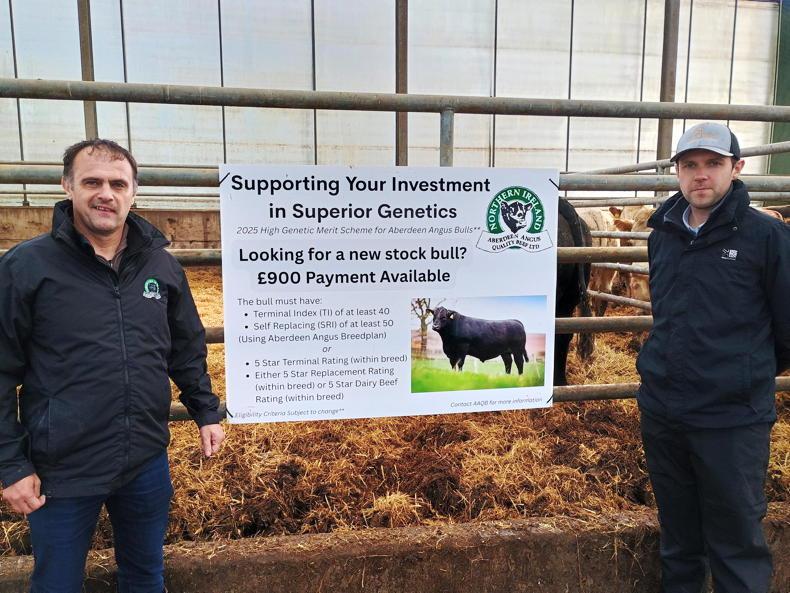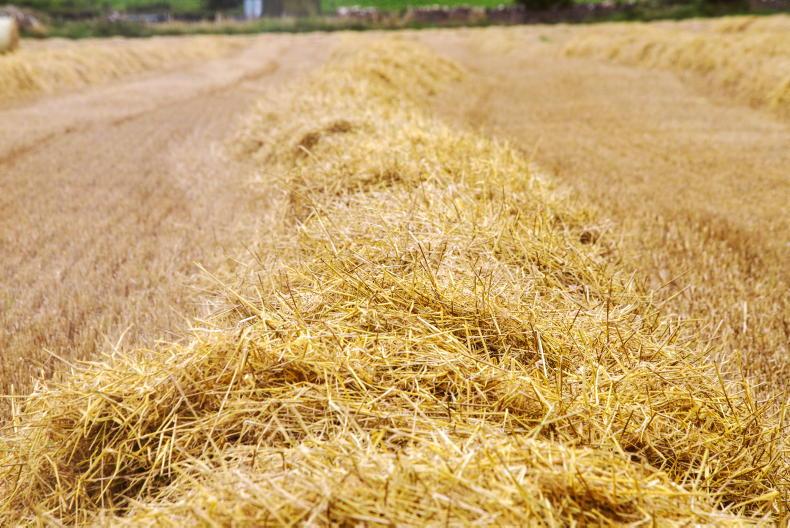The Foyle Food Group (FFG) accounts for 2020 show an increase in operating profit to £10.4m (€12.2m) on a turnover of £381.9m (€447.2m) compared with a profit of £6.9m (€8.1m) on a turnover of £370.7m (€434.1m) in 2019.
The company employed an average of 1,342 people during the year, including directors. With wages and salaries costing £34m (€39.8m)
The after-tax and interest net profit was £7m (€8.2m) compared with £4.2m (€4.9m) in 2019. Stock levels increased to £27.9m, up by over £5m (€5.8m) on the 2019 figure of £22.6m (€26.5m), possibly reflecting an element of stockpiling in advance of the UK leaving the single market and customs union on 1 January 2021.
The company employed an average of 1,342 people during the year, including directors. With wages and salaries costing £34m (€39.8m), this gives an average of £25,305 (€29,631) per person.
The FFG, commonly referred to as Foyle, is a beef processing business with five abattoirs and deboning facilities – three in the northwest with factories in Omagh, Co Tyrone; Campsie, Co Derry; and Carrigans, Co Donegal; and two in England in Melton Mowbray and Gloucester. It also has a retail packing and burger manufacturing business at its Omagh site and a rendering business at its Campsie site.
It is clear from these accounts, which cover the entire 2020 calendar year, that the operational difficulties caused by COVID-19 had no negative financial impact on the business.
In fact, the improved financial performance suggests the different route to market through retail alone for most of the year as opposed to the normal mix of retail and food service has served the business well.
FFG has benefited from four of its five factories being UK-based and in a position to supply UK supermarkets with Red Tractor beef.
The company identified Brexit as some risk to the business and it means having to comply with veterinary certification and checks on any product it brings from its English factories
With UK supermarket policy leaning heavily towards sourcing UK beef, it meant extraordinary demand for much of 2020 as the catering and hospitality sectors were closed. This performance, combined with strong farmgate prices in the second half of the year, suggests farmers are best served by more beef being sold to consumers through retail than food service.
The company identified Brexit as some risk to the business and it means having to comply with veterinary certification and checks on any product it brings from its English factories for processing in Northern Ireland.
However, unlike supermarkets, it will have full containers of the same product which will be covered by a single certificate. Also, the two Northern Ireland factories and the Donegal factory can trade with the rest of the EU uninterrupted.
Foyle has a strong customer portfolio in the UK, supplying large supermarkets and burger chains.
It has a US-based sales office and led the return of UK beef to the US market in 2019 from one of its factories in Northern Ireland. Its Donegal factory had already been one of the first Irish factories approved for the US in 2015.
Breakthrough in China
The Foyle Donegal factory was also one of the first Irish factories approved to supply China. It had built a strong presence in that market prior to trade being suspended in May 2020 with the discovery of an atypical BSE case in Ireland.
Foyle and the wider Irish meat industry is anxiously awaiting clearance from China to resume beef exports.
Looking at an operating profit of £10.4m (€12.2m) in isolation, it seems like a huge amount of money. However, in the context of a business with a turnover of £381.9m (€447.2m), it represents a margin of 2.7%. The Irish Farmers Journal estimates that across its different sites, Foyle handles about 260,000 cattle per year.
If the operating profit was spread evenly across these, it amounts to about £40 (€47) per head or 10.5p/kg (12c/kg) on a 380kg carcase.
Foyle’s Donegal factory is consistently towards the top of the Irish Farmers Journal factory price leagues. There is no similar information published in the North.
Farmers need a successful and profitable meat processing industry to finance reinvestment and in this context the level of the FFG group profits are reasonable.










SHARING OPTIONS